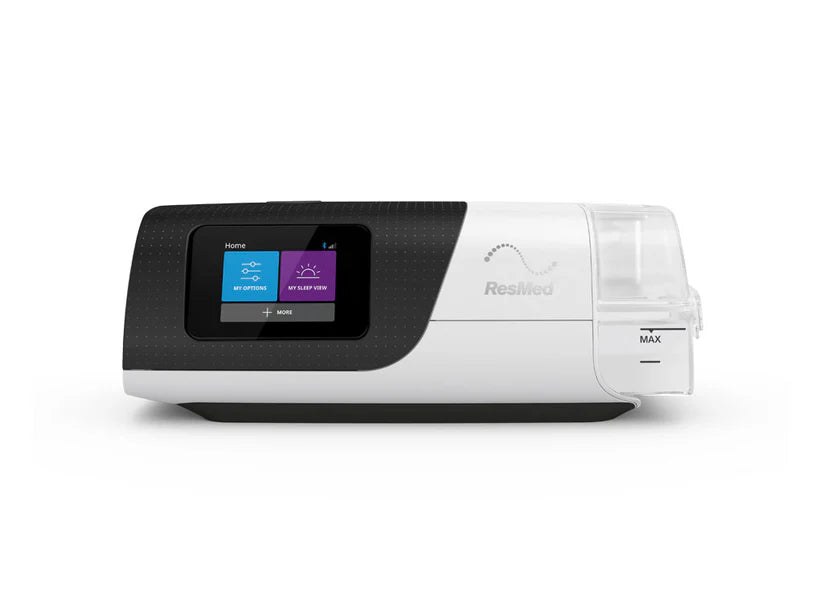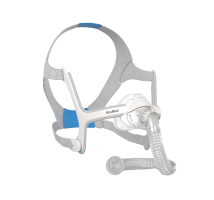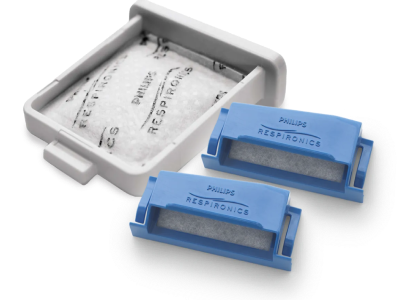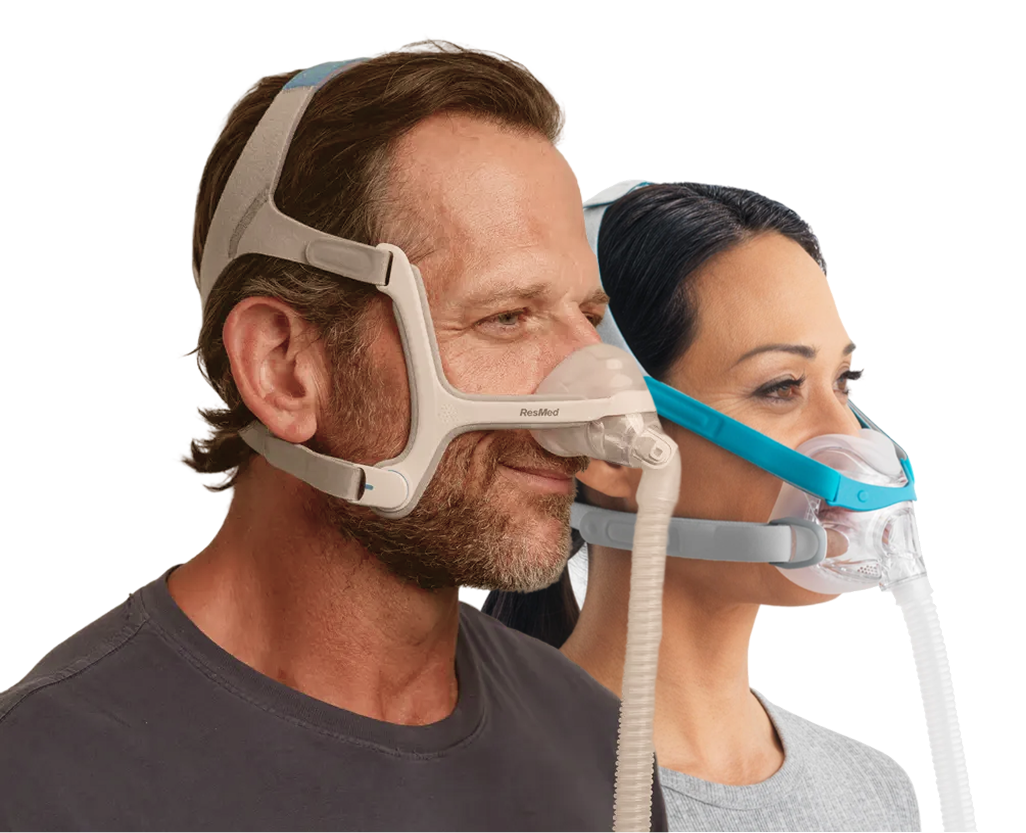Sleep Apnea
Sleep Apnea

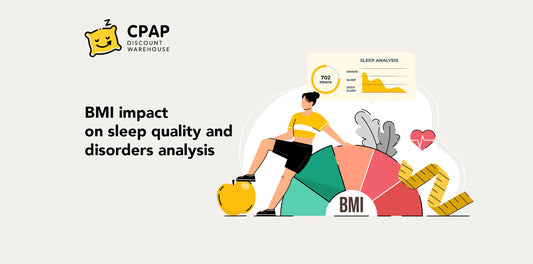
Sleep Apnea BMI Chart
Sleep apnea is a sleep disorder in which breathing repeatedly stops and starts. As the prevalence of obesity rises globally, there is growing interest in the connection between body mass...
6 minutes read

Sleepwalking at Night
Sleepwalking, also known as somnambulism, is a sleep disorder that affects individuals of all ages. While it may seem like a mysterious phenomenon, understanding the causes, symptoms, and its impact...
5 minutes read
What is Sleep apnea?
-

-
Sleep apnea is a condition that causes your breathing to stop and start repeatedly while you sleep. This happens either because something blocks your airway (obstructive sleep apnea) or because your brain fails to send proper signals to the muscles that control breathing (central sleep apnea).
When your breathing stops, the drop in oxygen triggers a reflex that briefly wakes you up so you can breathe again. Although this response helps keep you alive, it also breaks your sleep cycle. As a result, you may feel extremely tired during the day. Over time, this can lead to serious health problems such as high blood pressure, heart disease, and a higher risk of accidents if left untreated.
Types of sleep apnea
Sleep apnoea is a sleep disorder characterised by repeated interruptions in breathing during sleep. These interruptions, known as apnoeas, occur when the muscles at the back of the throat temporarily relax, causing a blockage of the upper airway. As a result, the affected individual experiences brief moments of disrupted breathing, often accompanied by loud snoring and disrupted sleep patterns. There are three main types of sleep apnoea:
-
Obstructive Sleep Apnea (OSA)
Learn moreOSA is the most common form of sleep apnoea. It occurs when the throat muscles relax excessively, leading to a blockage of the airway. OSA can be caused or exacerbated by factors like obesity, excess weight around the neck, and certain medical conditions.
-
Central Sleep Apnea (CSA)
Learn moreCSA is less common and differs from OSA in that it results from a failure of the brain to send the appropriate signals to the muscles responsible for breathing. Individuals with CSA may experience pauses in breathing without the typical airway blockage seen in OSA.
-
Complex Sleep Apnea
Learn moreComplex sleep apnea combines OSA and CSA, with central apnea emerging after OSA treatment. Effective management requires addressing both issues simultaneously through specialized therapies and regular monitoring.
Symptoms of Sleep Apnea
-

-
- Loud snoring: It is a common symptom, especially with obstructive sleep apnea. It may be accompanied by choking or gasping noises.
- Excessive daytime sleepiness: Feeling constantly tired, fatigued, or needing to nap during the day, even after getting enough sleep at night, could be a sign of sleep apnea.
- Pauses in breathing: These pauses, observed by a partner, can last several seconds and are often accompanied by choking or gasping noises.
- Restless sleep: Waking up frequently or experiencing restless tossing and turning at night may be signs of disturbed sleep due to apnea.
- Morning headaches: Waking up with a headache is related to the poor quality of sleep and lack of oxygen associated with sleep apnea.
- Difficulty concentrating: Memory issues, trouble concentrating, and impaired cognitive function can arise from disrupted sleep and a lack of deep, restorative rest.
- Irritability and mood swings: Other long-term sleep disturbances may lead to an increase in irritability, mood swings, or depression.
- Dry mouth/sore throat: Waking up with a dry mouth or sore throat could be a result of breathing through the mouth while sleeping.
 Liquid error (sections/image-banner line 89): invalid url input
Liquid error (sections/image-banner line 89): invalid url input

When to see a doctor
Consulting a healthcare provider for sleep apnea typically includes a physical exam, a review of symptoms, and possibly a sleep study to confirm the diagnosis and identify suitable treatment options. Early detection and treatment can greatly enhance sleep quality and overall health.
Causes of Sleep Apnea
3 in 10 men and 1 in 5 women have sleep apnea.*Peppard PE et al. Am J Epidemiol. 2013 (5.17)
-
- Excess Weight: Obesity can cause fat buildup around the neck and throat, obstructing the airway.
- Enlarged Tonsils or Adenoids: Oversized tonsils or adenoids may block the airway, especially in children.
- Structural Abnormalities: Features like a deviated septum, large tongue, or narrow throat can restrict airflow.
- Relaxed Throat Muscles: Over-relaxation of throat muscles during sleep can lead to airway collapse.
-
- Medical Conditions: Disorders like heart failure, stroke, or neurological issues can disrupt the brain's regulation of breathing.
- Heart Conditions: Specific heart problems may impact the brain's ability to manage breathing patterns.
- Stroke or Brain Injury: Damage to brain regions that control breathing can result in central sleep apnea (CSA).
-
This occurs when treating obstructive sleep apnea (OSA) triggers the development of central sleep apnea (CSA), resulting in a mix of both conditions.
Risk factors
Several of these risk factors and experience symptoms of sleep apnea
-
Obesity
Excess weight, particularly around the neck and abdomen, can block the airway and increase the risk of sleep apnea.
-
Age
Sleep apnea risk rises with age due to changes in muscle tone and airway structure
-
Gender
Men are more prone to sleep apnea, though the risk for women increases after menopause
-
Anatomical Features
Physical traits like a thick neck, large tongue, enlarged tonsils or adenoids, a deviated septum, or a small airway can contribute to sleep apnea.
-
Smoking
Smoking can cause inflammation and fluid buildup in the airway, worsening sleep apnea symptoms.
-
Alcohol and Sedatives
These substances relax throat muscles, increasing the chance of airway blockage during sleep.
-
Medical Conditions
Conditions like high blood pressure, heart disease, stroke, diabetes, and hormonal imbalances are linked to a higher risk of sleep apnea.
-
Sleeping Position
Sleeping on the back can worsen symptoms by promoting airway collapse.
-
Hormonal Changes
Post-menopausal women face higher risk due to airway-related hormonal shifts.
-
Ethnicity
Certain ethnic groups may experience a higher prevalence of sleep apnea, as suggested by some studies.
Explore Our Top CPAP Products
 Liquid error (sections/image-banner line 89): invalid url input
Liquid error (sections/image-banner line 89): invalid url input
Online Sleep Assessment
Concerned about sleep disorders like sleep apnea? Discover if you're at risk with just a few clicks. Try our straightforward online sleep assessment to uncover ways to enhance your sleep quality.


